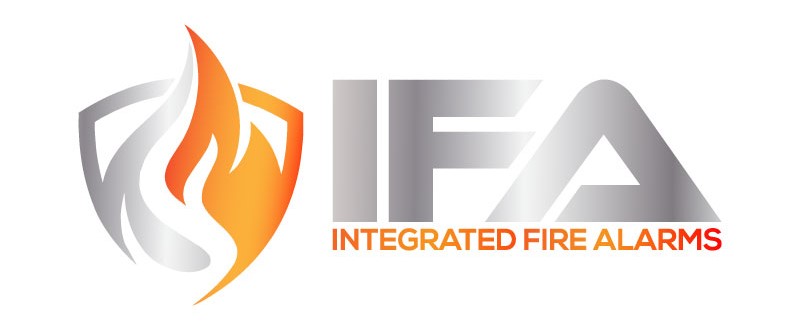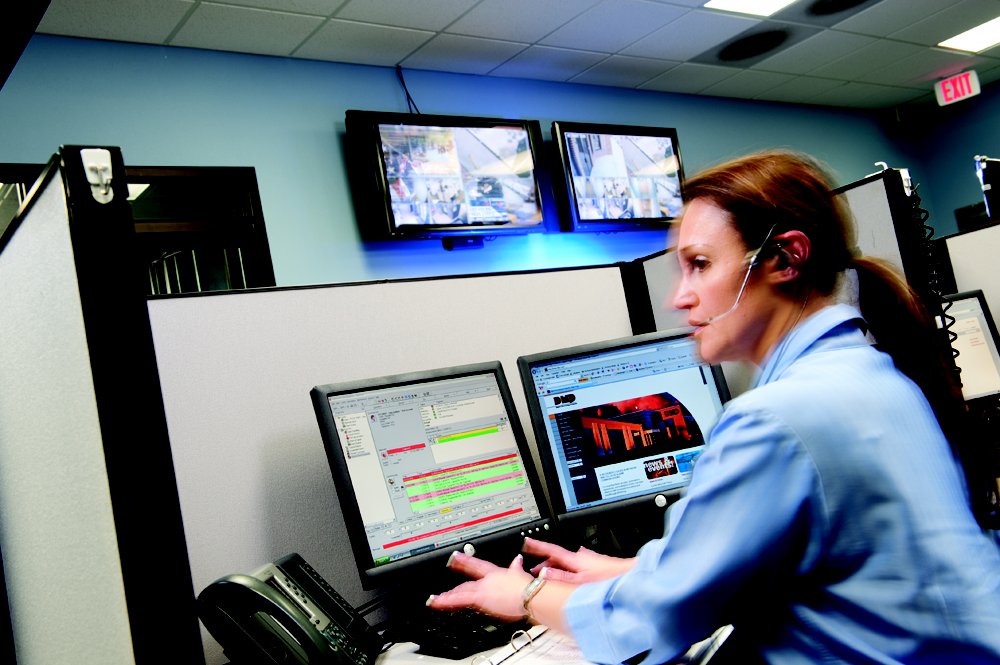In today’s fast-paced world, ensuring the safety and security of your business is of utmost importance. One crucial aspect of this is fire alarm monitoring. In this comprehensive guide, we’ll discuss the importance of fire alarm monitoring for businesses, the different types of fire alarm systems available, and the benefits of implementing a fire monitoring system in your commercial property.
The Importance of Fire Alarm Monitoring for Businesses
Protecting Your Property and Assets
As a business owner, your commercial property is likely one of your most significant investments. Protecting it from potential fire hazards is crucial to ensure the continuity of your business operations. Fire alarm monitoring systems provide an extra layer of protection that can help minimize damage and loss in the event of a fire.
Ensuring Employee and Visitor Safety
The safety of your employees and visitors should always be a top priority. A monitored fire alarm system provides early detection and notification, allowing people inside the building to evacuate quickly and safely during an emergency.
Compliance with Local Regulations
In many jurisdictions, having a functional fire alarm system is not only a safety requirement but also a legal obligation. A monitored fire alarm system can help you stay compliant with local regulations and avoid potential fines or penalties.
Types of Fire Alarm Systems for Businesses
Conventional Fire Alarm Systems
Conventional fire alarm systems are the most basic type of fire detection system and are suitable for small businesses with a limited budget. These systems consist of manual call points, detectors, and alarm sounders connected to a central control panel. In the event of a fire, the control panel indicates the general zone where the fire has been detected but not the exact location.
Addressable Fire Alarm Systems
Addressable fire alarm systems are more advanced than conventional systems and are ideal for medium to large-sized businesses. Each device in these systems has a unique address, allowing the control panel to pinpoint the exact location of a fire. This helps firefighters respond quickly and efficiently, potentially saving lives and minimizing property damage.
Wireless Fire Alarm Systems
Wireless fire alarm systems use radio signals to communicate between devices, eliminating the need for physical wiring. These systems are ideal for businesses in historic buildings or situations where installing a wired system would be challenging or cost-prohibitive. Wireless systems can be either conventional or addressable, depending on the specific needs of your business.
Components of a Fire Alarm Monitoring System
A comprehensive fire alarm monitoring system consists of several essential components that work together to ensure the safety of your commercial property. These include:
Fire Alarm Control Panel
The fire alarm control panel serves as the central hub for your fire alarm system. It receives signals from detectors, manual call points, and other devices, processes the information, and initiates the appropriate response, such as sounding alarms or notifying the monitoring center.
Detectors and Sensors
Fire detectors and sensors are crucial components of any fire alarm system. They can detect various signs of a fire, such as smoke, heat, or flame, and send a signal to the control panel. Some common types of detectors include:
- Smoke detectors
- Heat detectors
- Flame detectors
- Carbon monoxide detectors
Manual Call Points
Manual call points, also known as pull stations, allow building occupants to manually activate the fire alarm system in the event of a fire. These devices should be strategically placed throughout your commercial property to ensure easy access during an emergency.
Alarm Sounders and Strobes
Alarm sounders and strobes are essential for alerting building occupants to a fire emergency. Sounders emit an audible alarm, while strobes provide visual cues to help individuals with hearing impairments. These devices should be installed throughout your property to ensure maximum coverage and prompt evacuation.
Fire Monitoring Service
A fire monitoring service is an essential component of a comprehensive fire alarm system. These services receive notifications from your fire alarm control panel and take appropriate action, such as contacting the fire department or notifying designated personnel.
Benefits of Fire Alarm Monitoring Systems for Businesses
Implementing a fire alarm monitoring system in your commercial property offers several benefits, including:
Early Detection and Response
With a monitored fire alarm system, fires can be detected and responded to more quickly than with a traditional, unmonitored system. This can help minimize damage, save lives, and reduce business downtime.
24/7 Monitoring
A fire monitoring service provides round-the-clock protection for your business, ensuring that your property, assets, and employees are safe even during non-business hours.
Peace of Mind
Knowing that your business is protected by a fire alarm monitoring system can provide you with peace of mind, allowing you to focus on running and growing your business.
Compliance and Insurance Benefits
A monitored fire alarm system can help you stay compliant with local regulations and may qualify your business for discounts on your insurance premiums.
Selecting the Right Fire Alarm Monitoring System for Your Business
When choosing a fire alarm monitoring system for your business, consider the following factors:
Size and Complexity of Your Property
Your commercial property’s size and layout will play a significant role in determining the type of fire alarm system you need. Larger or more complex properties may require addressable or wireless systems, while smaller properties may be well-served by a conventional system.
Budget
Your budget will also impact your choice of fire alarm system. Conventional systems tend to be more affordable, while addressable and wireless systems offer more advanced features at a higher cost.
Local Regulations and Requirements
Be sure to research any local regulations or requirements that may apply to your business. These may dictate the type of fire alarm system you need or the specific components that must be included.
Professional Assistance
Consulting with a professional fire alarm monitoring company can help you determine the best system for your business. They can assess your property, recommend the most suitable system, and provide ongoing support and maintenance.
Installation and Maintenance of Fire Alarm Monitoring Systems
Proper installation and maintenance are crucial for ensuring the effectiveness of your fire alarm monitoring system. These tasks should be performed by a qualified professional to ensure compliance with local regulations and industry standards.
Installation
A professional fire alarm monitoring company will install your system, ensuring that all components are correctly placed, connected, and tested for proper function.
Routine Maintenance
Regular maintenance is essential for keeping your fire alarm monitoring system in optimal condition. A professional will inspect, clean, and test your system’s components and replace any faulty parts as needed.
Emergency Repairs
In the event of a malfunction or failure, having a reliable fire alarm monitoring company on call for emergency repairs can help minimize downtime and ensure your system is back up and running as soon as possible.
Fire Safety Training and Preparedness
In addition to installing a comprehensive fire alarm monitoring system, ensuring that your employees are well-trained and prepared for fire emergencies is crucial. This includes:
Fire Safety Training
Provide regular fire safety training to your employees, covering topics such as fire prevention, evacuation procedures, and the use of fire extinguishers.
Emergency Evacuation Plans
Develop and maintain a detailed emergency evacuation plan for your business, including clearly marked exit routes, designated assembly areas, and procedures for accounting for all employees.
Regular Fire Drills
Conduct regular fire drills to familiarize employees with evacuation procedures and ensure they are prepared to respond effectively during an emergency.
Conclusion
Fire alarm monitoring is an essential aspect of ensuring the safety and security of your business. By investing in a comprehensive fire alarm system, providing regular training and preparedness activities for your employees, and partnering with a reliable fire alarm monitoring company, you can minimize the risk of fires and protect your valuable assets, employees, and visitors.

